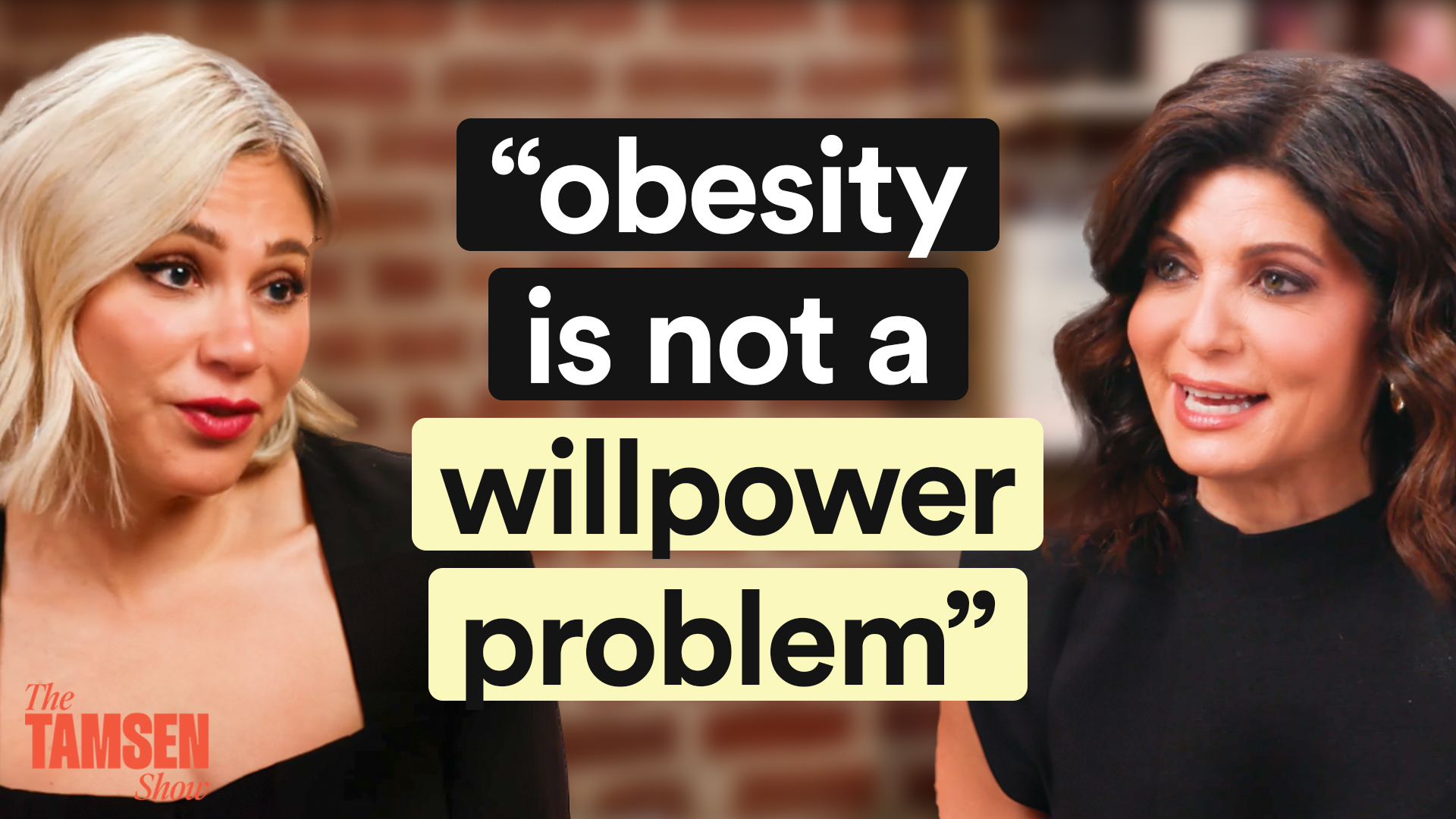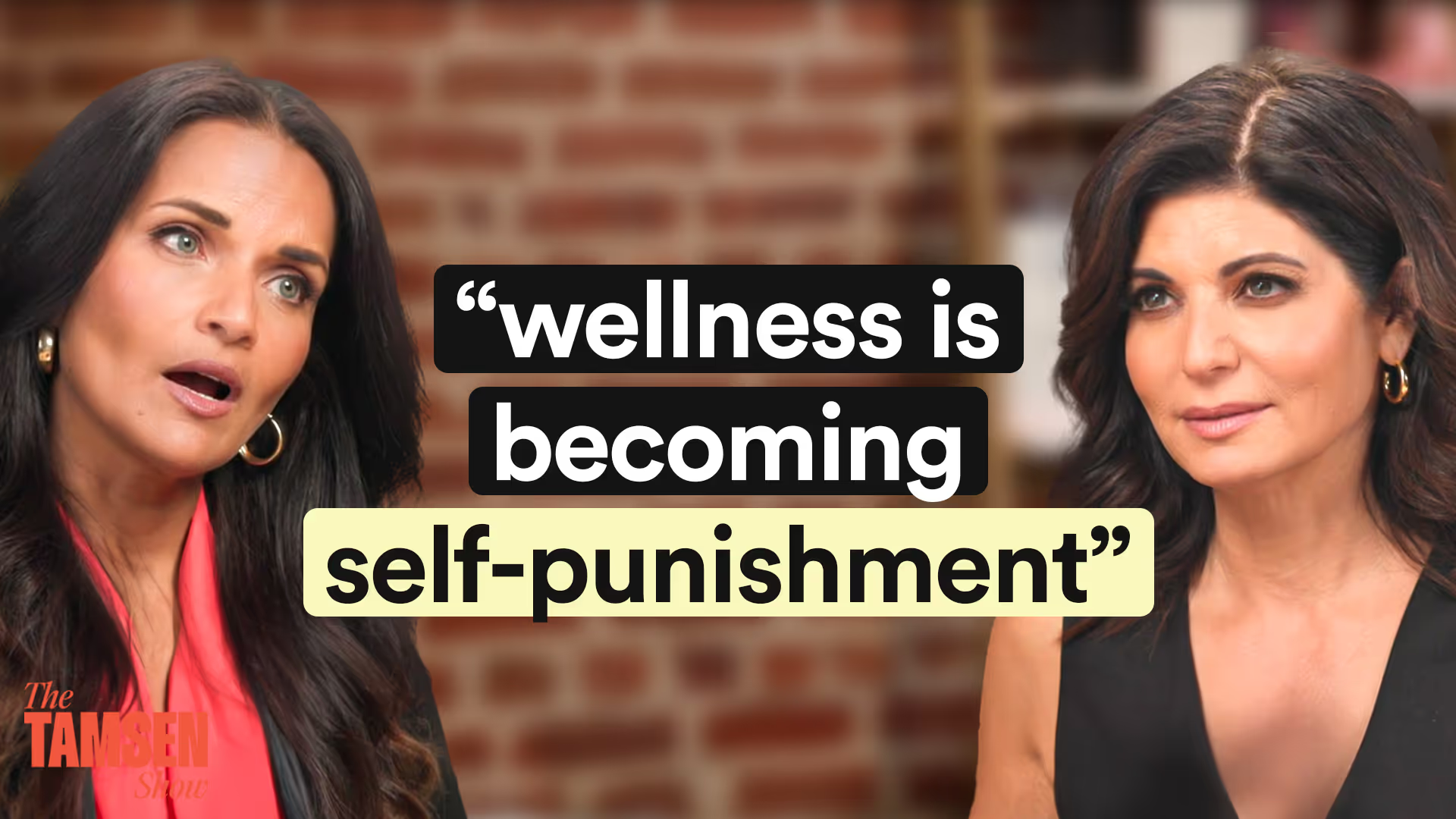Weight gain during menopause is a common concern for many women. Personally, I found that belly fat was a significant issue for me. As my body changed, I had to adjust my diet, eating schedule, and workout routine. This increase in body weight, especially around the abdomen, is primarily due to hormonal changes, decreased muscle mass, and a slower metabolism. The decline in estrogen levels during menopause contributes to weight gain, as estrogen helps regulate body weight and fat distribution. This hormonal shift often leads to what is commonly referred to as "menopausal belly."
What causes weight gain during menopause?
As women age, hormonal changes, particularly the decline in estrogen levels, play a significant role in weight gain. Estrogen helps regulate body weight and fat distribution. When estrogen levels drop, it can lead to increased fat storage, particularly around the abdomen. Additionally, a slower metabolism and decreased muscle mass further contribute to weight gain during menopause.
While hormonal changes are the primary culprit, several other factors can contribute to weight gain during menopause. These include:
- Diet: Consuming high-calorie, nutrient-poor foods can lead to weight gain. Processed foods, sugary snacks, and high-calorie beverages are common offenders.
- Stress: Stress and anxiety can lead to emotional eating, where you might consume more calories than necessary, leading to weight gain.
- Lack of Physical Activity: A sedentary lifestyle can slow down your metabolism and contribute to weight gain. Regular exercise is essential to maintain a healthy weight.
- Sleep Disturbances: Poor sleep can affect hormones that regulate hunger and appetite, leading to increased food intake and weight gain.
How can I fight belly fat in perimenopause and menopause?
A healthy diet
Maintaining a healthy diet is crucial during menopause. Focus on eating a balanced diet rich in fruits, vegetables, whole grains, lean proteins, and healthy fats to provide essential nutrients and help manage weight. Be mindful of portion sizes to avoid overeating, and consider eating smaller, more frequent meals to regulate appetite and prevent excessive hunger; intermittent fasting has personally helped me with this. Limiting processed foods, sugary snacks, and high-calorie beverages is essential, as these can contribute to weight gain and provide little nutritional value. Increasing protein intake also helps maintain muscle and bone health, which decline during menopause. Opt for protein-rich foods like fish and lean meats to keep you full and support your health.
Regular exercise
Regular exercise is vital for managing menopause symptoms and maintaining overall health. Incorporate aerobic activities such as walking, jogging, swimming, or cycling into your routine, aiming for at least 150 minutes of moderate-intensity exercise per week. I find that walking early in the morning is a great way to start the day!
Strength training exercises should also be included at least 2-3 times a week to build and maintain muscle mass, which helps boost metabolism as muscle burns more calories than fat, even at rest. I love weight lifting, and you can see results with just 30 minutes a day. Additionally, increasing overall physical activity throughout the day, such as taking the stairs, walking during breaks, or gardening, can make a significant difference. I aim to hit at least 10,000 steps a day as often as I can.
Lifestyle adjustments
Making certain lifestyle adjustments can significantly impact weight management and overall health during menopause. Staying hydrated by drinking plenty of water throughout the day supports metabolic processes, and sometimes thirst can be mistaken for hunger. Ensuring you get enough restful sleep is crucial, as poor sleep can negatively impact weight by affecting hormones that regulate hunger and appetite. Managing stress through activities such as yoga, meditation, or deep breathing exercises is also important, as chronic stress can lead to emotional eating and weight gain.
Monitor progress
Keeping track of your progress is key to achieving and maintaining your weight management goals. Keep a food diary or use an app like the Fitness Tracker app to track your eating habits and physical activity. This can help identify patterns and areas for improvement.
Setting realistic weight loss or maintenance goals is also important; focus on gradual, sustainable changes rather than large, quick fixes. I recommend not weighing yourself daily but instead paying attention to how your clothes fit.
Seek professional advice
Seeking professional advice can provide personalized support and guidance for managing menopause symptoms and weight. Consulting a nutritionist or dietitian can help you develop a personalized eating plan that meets your nutritional needs and weight management goals. Regularly checking in with your healthcare provider to monitor your weight and overall health is also important, as they can offer guidance and rule out other conditions that might affect weight.
Hormone Replacement Therapy (HRT):
If weight gain is significantly impacting your health and quality of life, consider discussing hormone replacement therapy (HRT) with your healthcare provider. HRT can help manage various menopausal symptoms, including weight gain, by balancing hormone levels. It's important to discuss the benefits and risks with your doctor to determine if this treatment is right for you.
Behavioral strategies
Implementing behavioral strategies can help manage eating habits and overall health during menopause. Practicing mindful eating by paying attention to hunger and fullness cues, eating slowly, and savoring each bite can help prevent overeating and improve digestion. Identifying triggers for emotional eating and finding alternative coping mechanisms such as physical activity, hobbies, or talking to a friend can help manage emotional eating and maintain a healthy weight.
Managing weight gain during menopause can be challenging, but there are effective strategies to help you through it. Making lifestyle adjustments, such as maintaining a healthy diet and staying active, can make a significant difference. It's also important to seek professional advice to ensure you’re on the right track. A healthcare provider can help you develop a personalized plan tailored to your specific needs and health profile. Remember, you’re NOT alone in this journey, and with the right support and strategies, you can manage weight gain and feel better. Always consult with your healthcare provider to find the best approach for you.
Check out my conversation with Dr. Mary Claire Haver to learn more.
Additional Resources:
Secrets To Thrive In Menopause: Download this free guide to learn my top secrets to thrive in menopause.
Menopause Symptom Tracker: Track your symptoms and get connected to physicians and organizations that can help you!
The information contained on this website is intended for informational and educational purposes only. It is not intended to be a substitute for the advice of an appropriately qualified and licensed physician or other healthcare provider.






.jpg)
.jpg)







